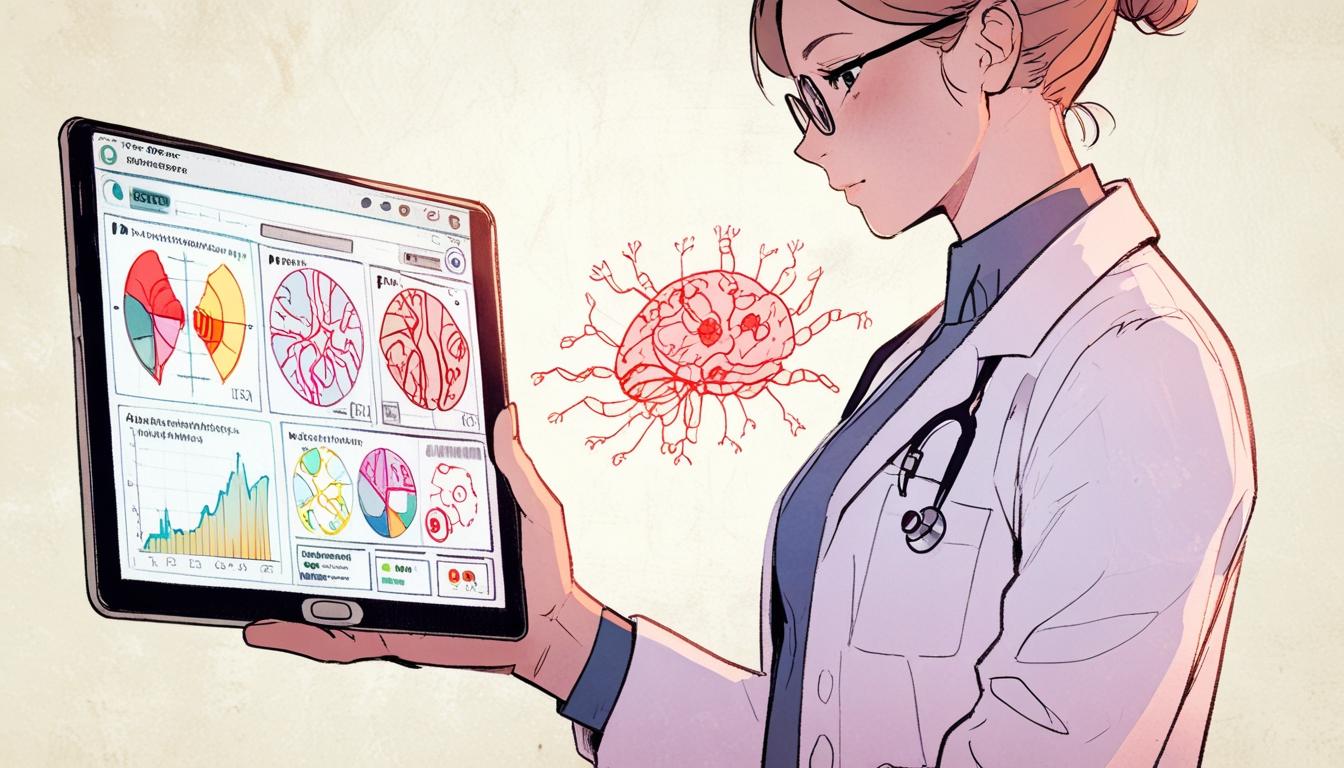The announcement of Cancer 360 by Health Secretary Wes Streeting has sparked considerable debate among health professionals and patient advocates alike, illuminating both the potential and the pitfalls of integrating technology into cancer diagnostics. While the initiative aims to streamline patient information and facilitate faster diagnoses, critics argue that it may merely be a superficial fix to a deeply entrenched system struggling with resource shortages and infrastructural shortcomings.
At its core, Cancer 360 promises to create a comprehensive tool where a patient's medical data—from appointments to test results—can be accessed easily across various health trusts. The intentions behind the initiative are commendable; the emphasis on reducing treatment delays resonates strongly, especially given that cancer remains the UK's second-largest cause of death. However, the realities of the NHS's current technological landscape complicate this vision. Many experts point out that simply introducing new software does little unless the underlying systems are robust enough to support it. A shift in operational practices, as well as an overhaul of NHS computing frameworks, is essential before any promised benefits can materialise.
Wes Streeting has framed his role within the broader context of improving healthcare accessibility and efficacy. In speeches, he has discussed the urgent need for a dedicated cancer strategy, noting that the previous government’s decision to merge cancer care with a wider major conditions strategy risked obscuring the unique challenges associated with cancer treatment. Streeting’s consideration to revive a focused cancer initiative represents a necessary step to address long-standing issues, such as staffing shortages and excessive waiting times, all of which have intensified in light of recent NHS strikes. Reports indicated that 100,000 cancer diagnoses were delayed even before the disruptions, underscoring a system on the brink.
Technological innovation has been a recurring element in discussions around cancer services recently. The government is pursuing partnerships to trial advanced diagnostic tools, including artificial intelligence applications and next-generation medical scanners. These efforts echo similar advancements seen at pioneering facilities like the Leeds Cancer Centre, which has been lauded for adopting innovative technologies like 3D holograms and AI-driven treatment planning that aim to enhance precision and efficiency in patient care. Such initiatives could potentially save significant costs and streamline cancer treatment if adopted across the NHS.
Yet, the question remains: can the NHS realistically deploy such advanced technologies without adequate investment in its foundational infrastructure? Streeting himself has reflected on his personal experiences navigating the NHS during his cancer treatment, highlighting the stark reality of delays and inefficiencies. “To save lives, we need to modernise the NHS,” he has said, advocating for a clear strategy that melds innovation with compassionate, patient-centred care.
In this interplay between aspiration and reality, there is a palpable anxiety about the future of cancer treatment in the UK. Despite the optimism surrounding initiatives like Cancer 360 and the technological partnerships being formed, the overwhelming consensus among healthcare professionals is that genuine reform requires more than just technology. It demands a comprehensive evaluation of how care is delivered, where resources are allocated, and a fundamental dedication to improving the lives of patients. Until then, initiatives may remain well-intentioned but inadequately equipped to tackle the formidable challenges that lie ahead in cancer care.
Reference Map
- Paragraphs 1, 2, 3, 4, 5
- Paragraphs 1, 4, 5
- Paragraphs 1, 4
- Paragraphs 3, 4
- Paragraphs 2, 5
- Paragraph 5
- Paragraph 2
Source: Noah Wire Services
